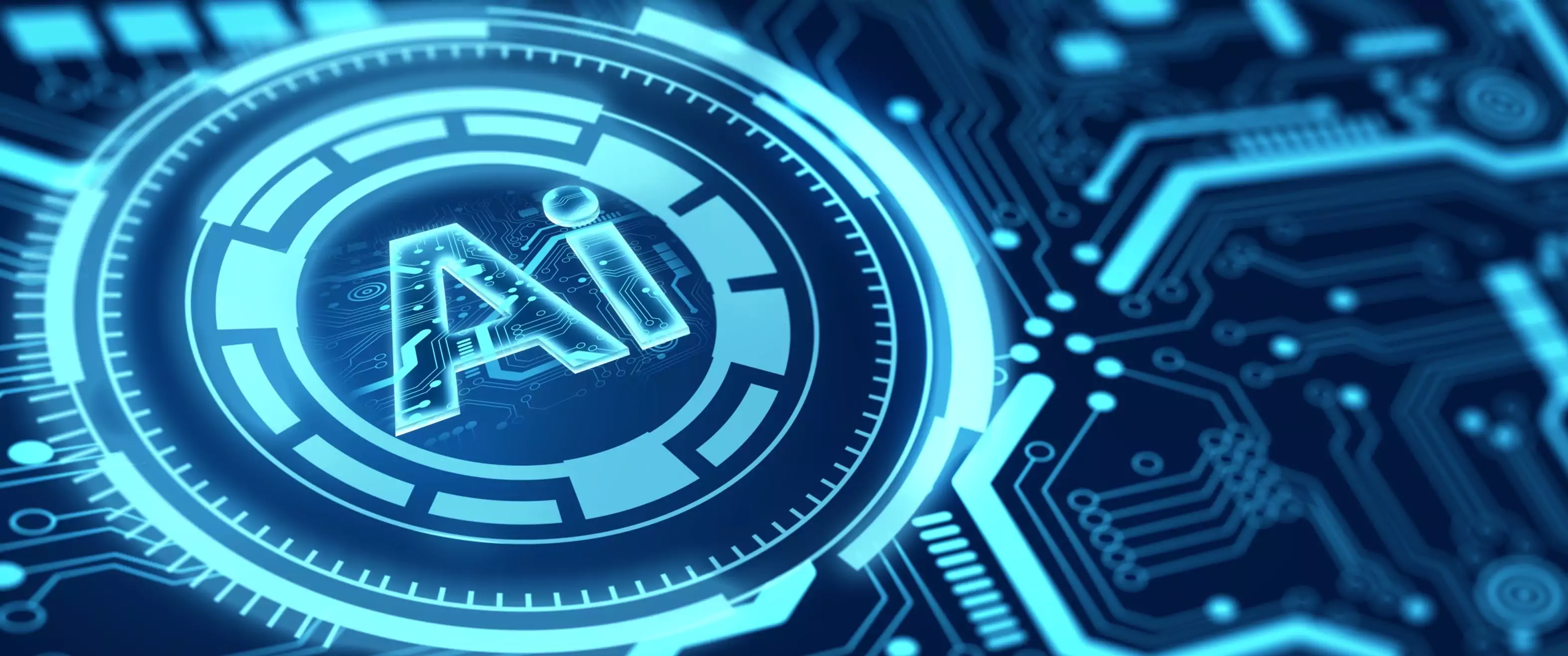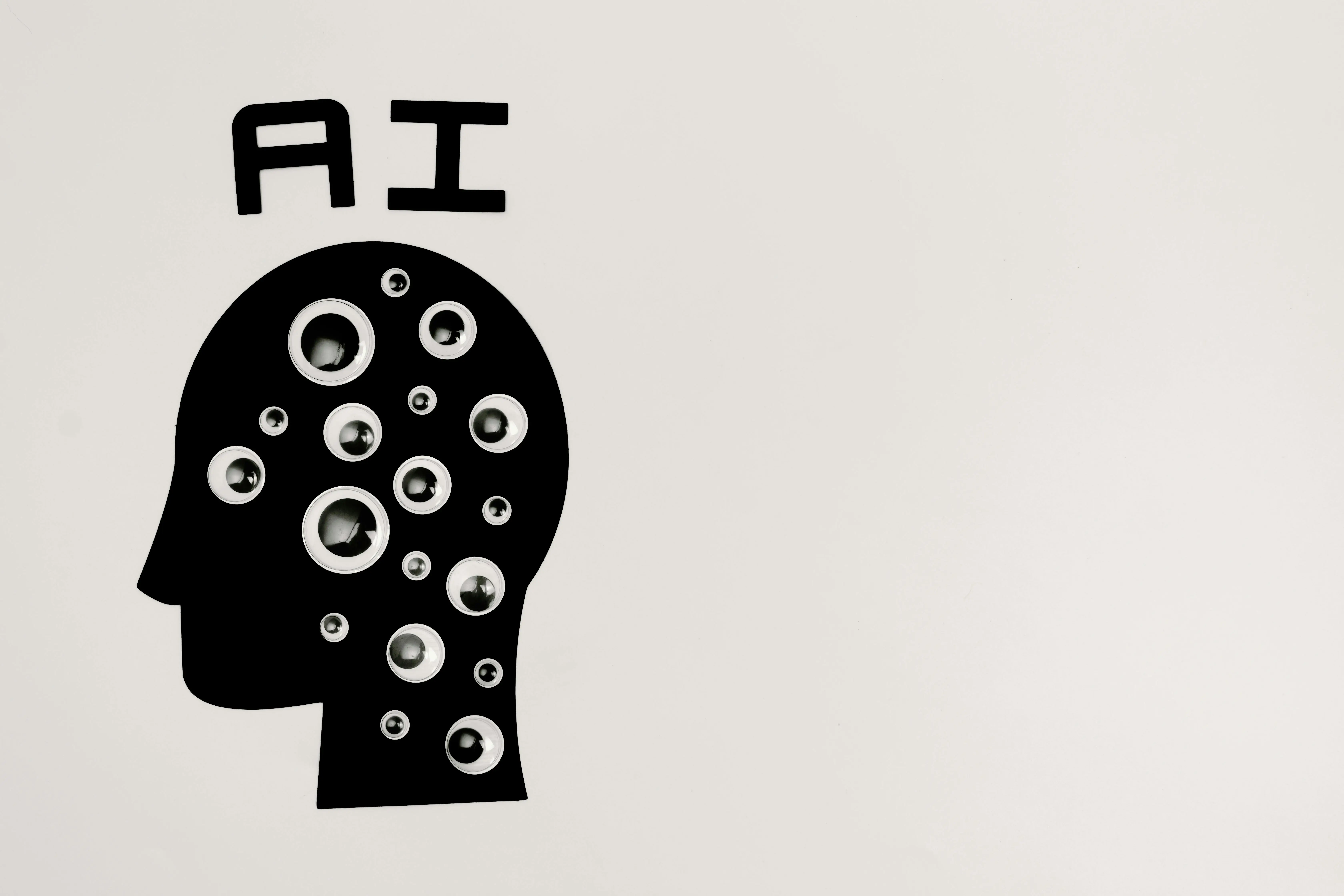
The Ethics of AI in Business
Tapiwa Gondo
Share this blog

The proliferation of artificial intelligence is now full throttle; it is permeating every industry. One thing has always been a huge concern though, from the beginning. It is the subject of ethics in AI. Artificial intelligence is such a powerful innovation which wields existential threats if misappropriated for nefarious purposes. No wonder a number of industry experts e.g. Elon Musk, have always felt AI needs to be slowed down & regulated. Ethics refers to the basic concepts and fundamental principles of decent human conduct. Thus it looks at areas such as human rights, health, safety, the environment, and so on. Let us explore some of the key areas in the ethics of AI in business.
Bias
Any system developed by a human will always carry, intentionally or unintentionally, that individual’s values. This is one of the most topical issue surrounding AI systems. If you have ever used an AI-driven innovation e.g. large language models or chatbots you may have an idea. The ideal scenario is that AI should be impartial or indiscriminate; no marginalization! The beautiful thing about bias is that it can be addressed; the answer lies in the garbage in garbage out (GIGO) principle. AI systems are trained using or on data that would have been collected. In some cases it may be data continuously collected in real time. The thrust is to eliminate bias from that input data.
Once the data is bias-free, the subsequent output from the AI system will be bias free. It is also important to highlight that the actual algorithm also needs to be rid of any bias. Rigorous testing of AI models must be done before any deployment to ensure bias is removed. This even implies that getting rid of bias is a perpetual endeavor as more of it tends to become apparent with increased usage of the AI system. As a business it would be distasteful to be found wanting in the area of discrimination. Understandably, bias is a complex domain but efforts to combat it should be a business’ constant mainstay.
Security & Privacy
We have already noticed that data is a core part of any AI system. AI always entails a system being trained on some data sets. This data does not just materialize from nowhere. It is often collected from and on people. Such data more often than not involves sensitive personal information. The first layer of security & privacy is in how it is collected. Is it being done in private & secure ways? That must be ensured. Then once the data has been collected where and how is it kept? Again, is it private & secure? Who has access to it?
Is it being used for the right purposes? All these are questions to answer with regards to security & privacy. A common dynamic in this subject is data being shared with third parties. It is often a profitable thing businesses do because third parties are usually willing to pay lots of money for the data. However, this violates the dictates of data privacy & security. Bottom line, data ought to be kept private and secure. Then the AI system itself, does it have watertight protection from possible cyber-attacks or any form of malevolent attack?
Transparency
AI systems run on algorithms. Algorithms are at the core of what artificial intelligence can do and how it does it. There is a concern though. Algorithms are quite complex and how they work needs to be simplified for the layman. Those algorithms are typically not explained to the concerned public. Knowing the tenets of how an AI system works is central to transparency. If you know how something works you can better navigate it, monitor it, and assess it. Let us look at commonly relatable examples AI applications. These are AI-driven loan application systems & job recruitment systems.
A business using such systems should equip applicants with knowledge on how those systems work. This is to ensure applicants can understand why for instance, their application got turned down. Knowing also helps applicants to streamline their applications by tailoring them accordingly. For instance, so many applicants get turned down not because they are not eligible but because say, their resumes are not compliant with the AI system in question. The core aspect when it comes to transparency when businesses use AI is how the said system(s) arrives at decisions or actions. That must be communicated to the affected parties.
These are some of the issues a business must pay attention to when it comes to AI in business. There are many more we did not cite in our discussion but they are intricately tied to what we discussed. As a business you need to come up with a comprehensive in-houseframework of ethical standards for AI. Then when adopting or deploying an AI-driven product or service you adhere to them.


